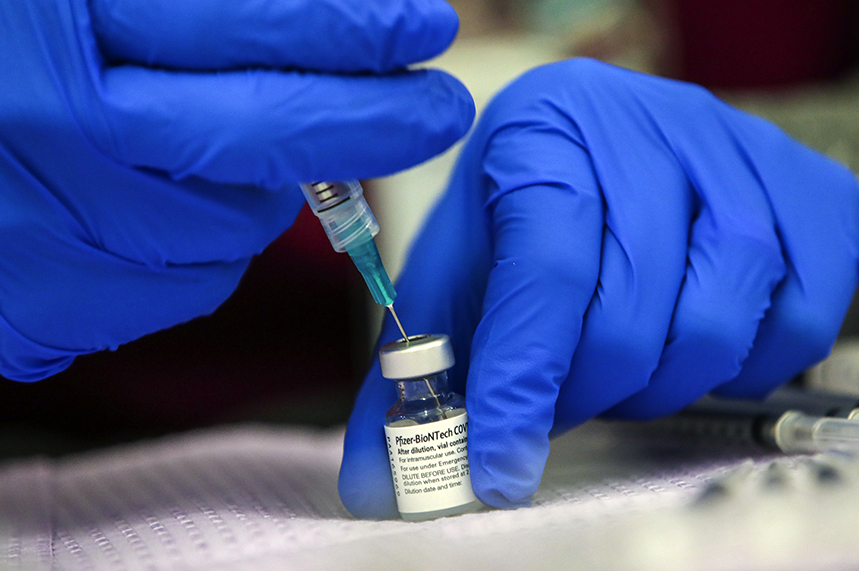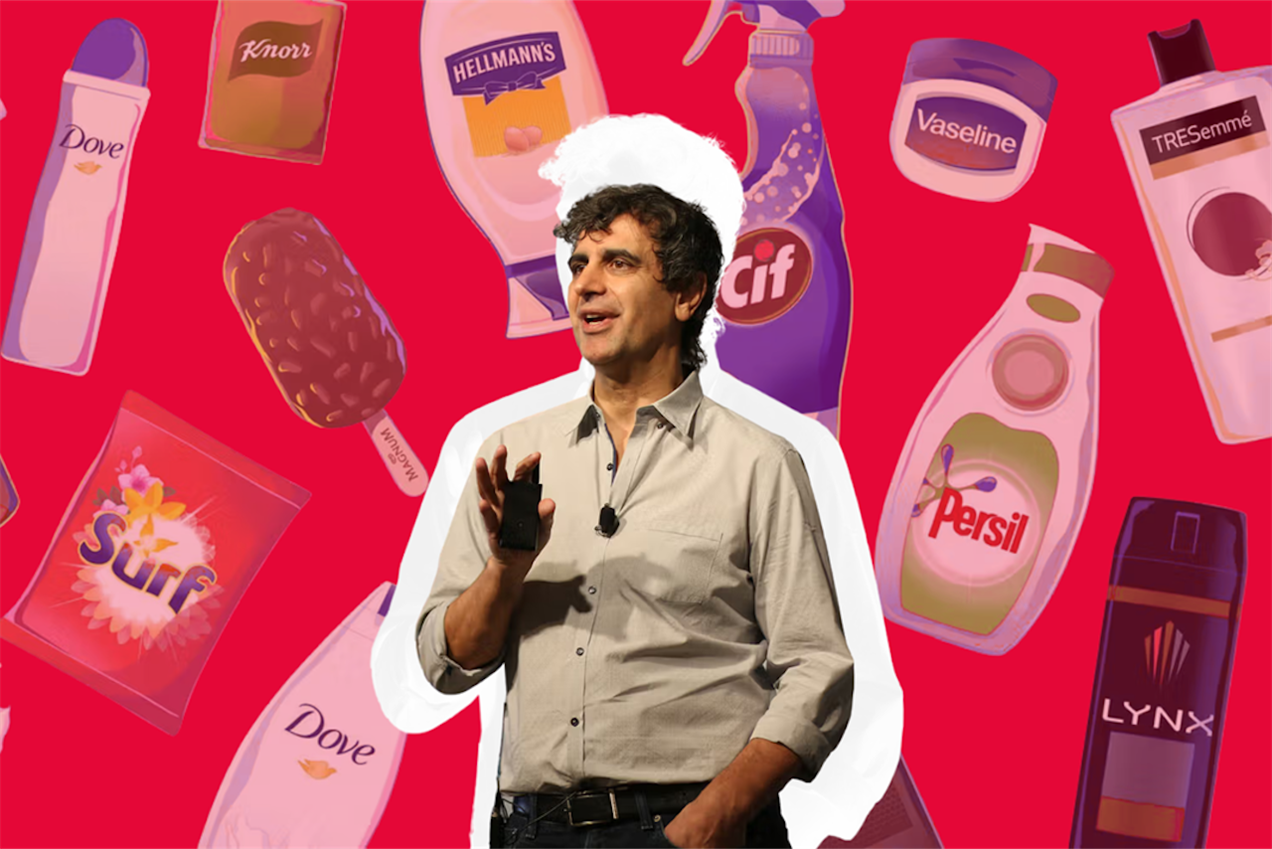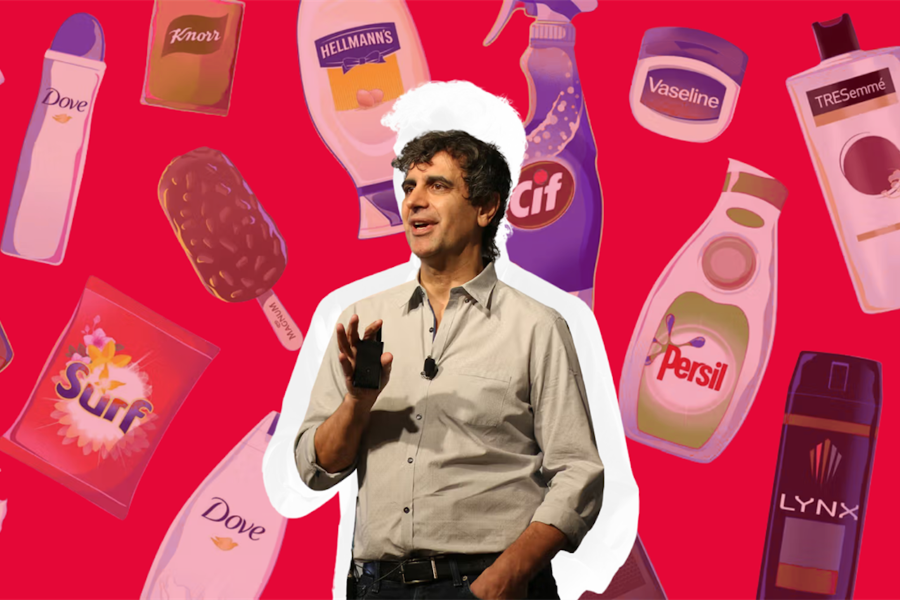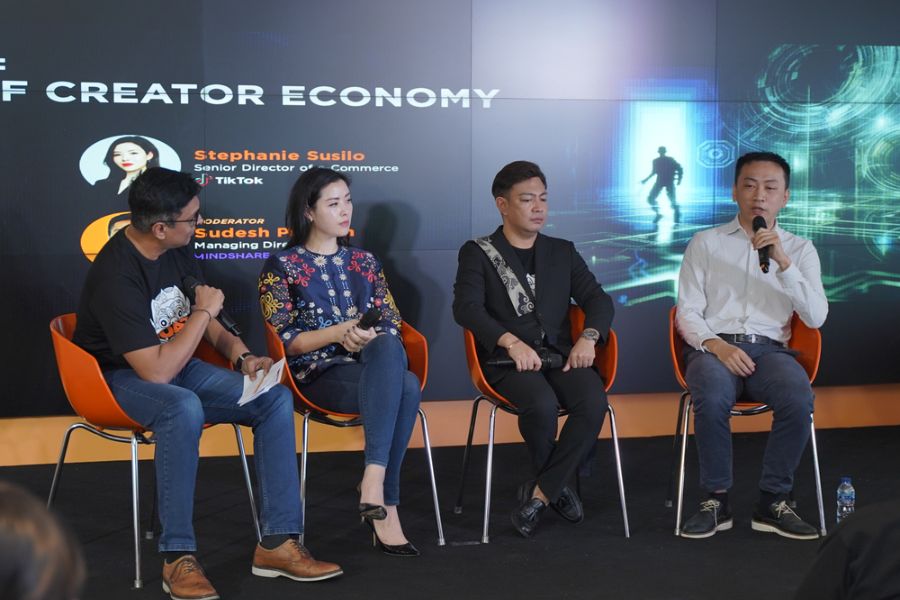According to media reports, Fazze, an agency that works with influencers, approached Leo Grasset, a French YouTube star with more than a million subscribers, and Mirko Drotschman, a German podcaster and YouTube influencer with 1.5m subscribers.
Sehr interessant: Eine Agentur meldet sich und fragt, ob ich Teil einer „Informationskampagne“ sein will. Es geht darum, einen Link zu angeblich geleakten Dokumenten zu Todesfällen bei Corona-Impfungen zu teilen. Gegen Geld. Sitz der Agentur: London. Wohnort des CEO: Moskau. pic.twitter.com/5x0Wqx79oZ
— Mirko Drotschmann (@MrWissen2Go) May 18, 2021
Both were offered thousands of pounds to promote a false claim that “the mortality rate of the Pfizer vaccine is three times greater than the AstraZeneca” in short videos to their followers.
In a brief, part of which was published by the influencers, they were told to tell their followers that the mainstream media was ignoring the so-called dangers of the Pfizer vaccine and to question why governments were buying supplies of it when it could harm their populations.
C'est étrange.
— Léo Grasset (@dirtybiology) May 24, 2021
J'ai reçu une proposition de partenariat qui consiste à déglinguer le vaccin Pfizer en vidéo. Budget colossal, client qui veut rester incognito et il faut cacher la sponso.
Éthique/20. Si vous voyez des vidéos là dessus vous saurez que c'est une opé, du coup. pic.twitter.com/sl3ur9QuSu
The brief included requests to “act like you have the passion and interest in this topic” and that “the material should be presented as your own independent view”.
Fazze describes itself as a “marketplace that connects bloggers and advertisers” but, unusually, there are no contact details on its website and interested parties must sign up to it to find out more about its services.
In recent weeks, Russia has claimed that mRNA vaccines such as Pfizer’s are not as safe as vaccines such as its Sputnik V jab.
The EU has accused Russia and China of “state-sponsored disinformation” campaigns in an attempt to undermine the reputation of western-made vaccines.
Pfizer declined to comment directly on the attempt to smear the safety of its vaccine, but told PRWeek it was aware of the rise in anti-vax sentiment and misinformation on social-media platforms.
A spokesperson for the pharma firm said: “While we work hard with our partners to fight this pandemic and play our part in ensuring the correct information about the Pfizer/BioNtech vaccine is readily available, we ask that members of the public also consider carefully where they are sourcing their information from and question the credibility of that source.”











